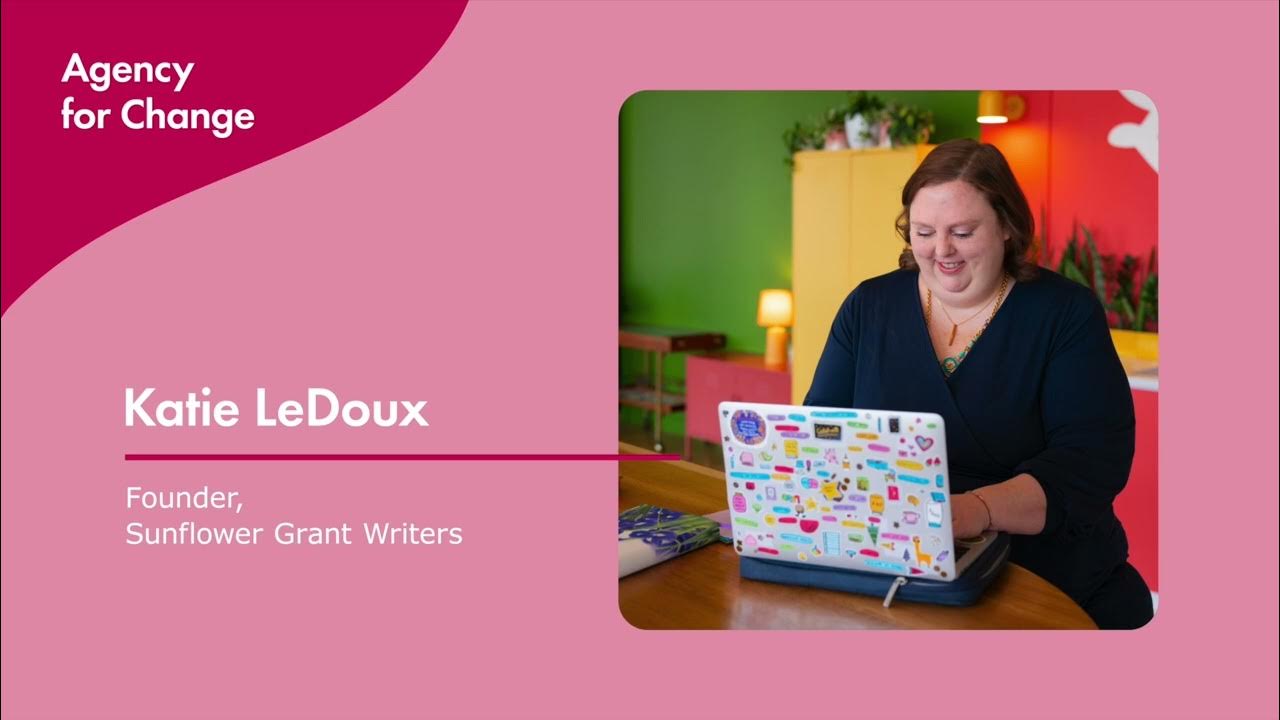Is anyone else a March Madness fan? College basketball is a big deal in my family, and we play for keeps. And for a great trophy my Mom made a few years ago. I have won it twice, but have low hopes for being triumphant this year as Sunflower has been keeping me too busy to watch enough games!
In this edition of the newsletter, we’re going to briefly go over the “grant production process”, something I think we do quite well at Sunflower but we often get questions about, since grant writing is actually a lot more than just grant writing, or even just writing. As always, please reach out to us with any questions!
Before the grant production process even starts, we do targeted research. This means that our designated researcher finds matches just for you and your organization that align with your mission, your goals and your current and future funding needs.
This research is also tied together with the first step of the grant production process, which is to get on a long Zoom call or phone call to gather detailed information about your organization needed to provide great research and a foundation for the grant writing portion of the process.
The second step is research to support your grant. This is where your stats and figures as well as compelling stories come into play. This step is critical!
The third step in the grant production process is the actual writing and editing of the grant. It is written, edited by me, edited by you, and reworked until we have it perfect and everyone is pleased.
The fourth step is to actually submit the grant on your behalf. This step if fast, but obviously very important!
The final and very critical step in the grant production process is to follow up with Foundations and Funding Sources to make sure they have everything they need, see if they have any additional follow up information they would like to see, try and get a better idea of their timeline, etc.
This is the grant production process in a nutshell, and, something we really excel at here at Sunflower!
SPECIAL DAYS THAT YOU MIGHT NEED A GRANT FOR IN MARCH!
March 2 – National Read Across America Day (grants for libraries, schools)
March 8 – International Women’s Day (grants for organizations that support women and
women’s issues)
March 16 – Absolutely Incredible Kid Day (grants that support children, after school programs, education)
FACT
Most grant awards are based on merit, not necessarily on need. Even though a non-profit organization may be struggling financially, another organization is more likely to be awarded a grant if it submits a higher quality application showing a real need in the community.
So, it makes sense that Funders tend to give more money to non-profit organizations that will immediately and effectively help the community or otherwise spread awareness of an issue of local or national significance. Not just an organization that says they need funding without tying it to a specific and immediate need.
TIP
Feel free to interview your grant writer! One example of a good question to ask is: “How do you continue to improve your skills as a grant writer?”
TRICK
This seems counterintuitive, but when you write your grant, focus more on solutions rather than problems. You certainly need to outline your problem, but highlight the ways that you want to solve it and put more emphasis on that part of the process.
NEW FEATURE!! SPECIAL MONTHLY OFFER!!
In the month of February if you secure grant writing services with Sunflower and mention the code SUNMARFIFTY, you will receive 50% off of your first hour of the grant production process!
GRANT OPPORTUNITY
OMAHA COMMUNITY FOUNDATION: FUND FOR OMAHA
We are committed to tackling existing funding gaps by expanding opportunities for
organizations that intentionally amplify and care for BIPOC voices. Program goals include:
- Building grassroots capacity of nonprofit organizations.
- Supporting advocacy efforts to address systems change in communities of color.
- Increasing connections within and across communities.
- Working to ensure equitable access for people of color throughout our community.
Priority Areas
We believe this work can happen through investments that address racial equity gaps. Funding priorities include, but are not limited to, the following:
- Arts & Culture: Providing equitable access to the tools and resources needed to engage the community in arts and cultural programming
- Neighborhoods: Ensuring safe and affordable housing, homeownership paths, and public spaces suitable for social connectivity for BIPOC communities
- Economic Opportunity: Expanding access to job opportunities and equitable pay in our community for people of color
- Health: Enabling access or removing barriers to quality healthcare, mental health, and nutrition for BIPOC
- Transportation: Advocating for and supports expanded options for people of color to have reliable and efficient transportation to areas with the most jobs
- Vibrant Communities: Amplifying the voices of those least often heard
Award Size: Applicants can request up to $25,000.
Applications are accepted annually July 1 – August 1.
Awards are announced via email by October 31.
Eligible applicants are those defined as public, tax-exempt organizations by Section 501(c)(3) of the Internal Revenue Code that provide services in the Omaha metropolitan area (Douglas, Sarpy, and Pottawattamie counties), or working with a 501(c)(3) fiscal agent who can receive funds on your behalf.





Leave a Reply